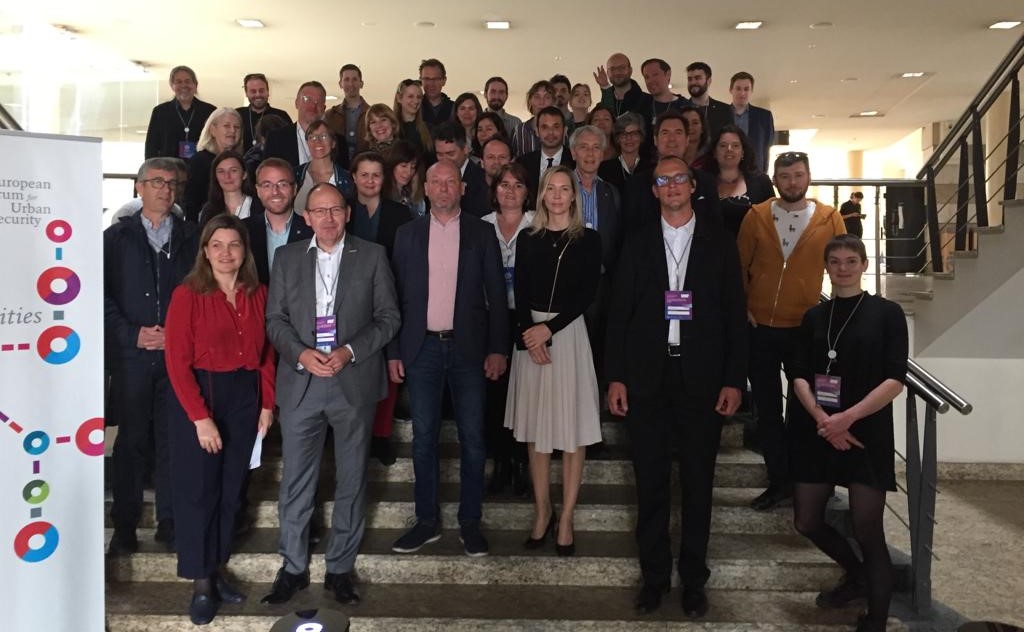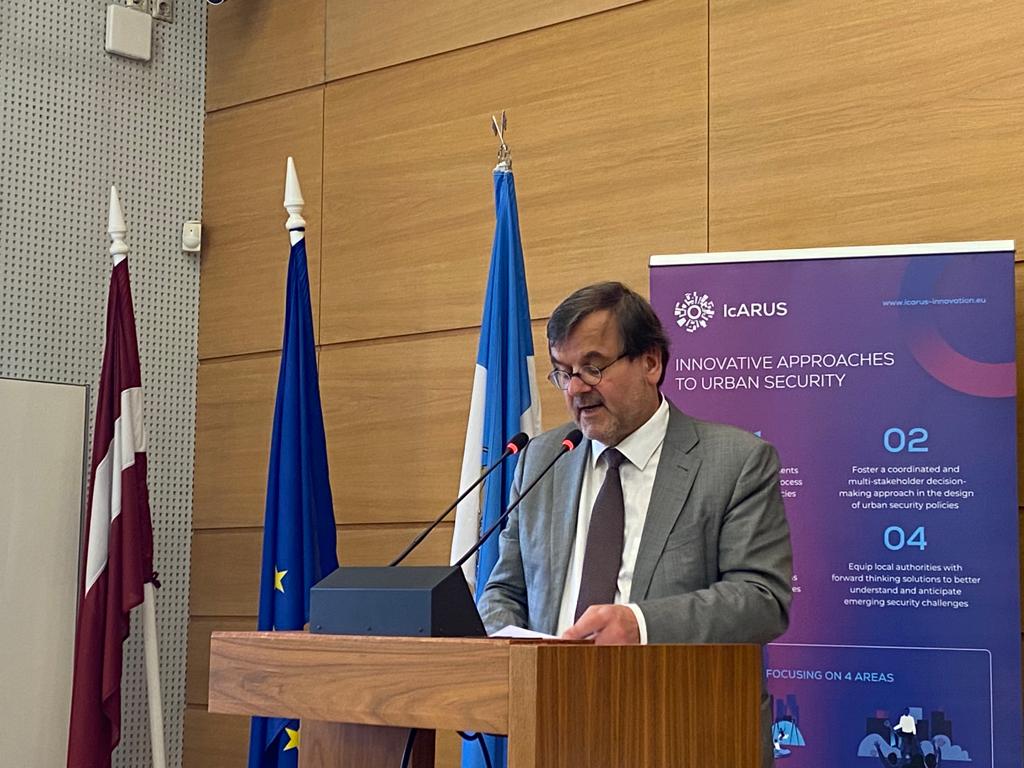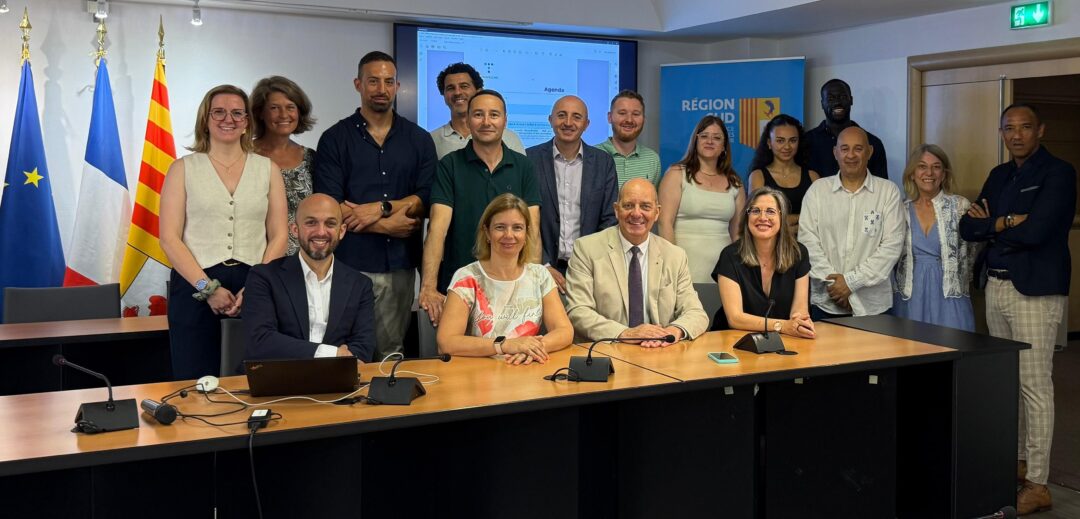Riga, Latvia, 12 May 2022 – In accordance with Efus’ statutes, four cities have been elected new members of the Executive Committee during the 2022 General Assembly meeting held in Riga, on 12 May. These are Bologna (Italy), Bordeaux (France), Meyrin (Switzerland), and Toulouse Métropole (France). The Cities of Düsseldorf (Germany), Gdansk (Poland), Lisbon (Portugal), Nice (France), Riga (Latvia) and Zaragoza (Spain) were re-elected.
A governance representing the network’s diversity
After having thanked the City of Riga for hosting the meeting, Efus’ President and Mayor of Liège (Belgium), Willy Demeyer, emphasised that Efus’ governance represents the diversity of Efus members. The Executive Committee determines Efus’ political and strategic orientations and represents it at the institutional level.
The cities’ priorities
Before the vote, each candidate city to the Executive Committee (EC) presented the urban security topics they are working on as a priority, as well as their objectives as EC members, which they wish to discuss at a European level.

Newly elected cities
Bologna: inclusive public spaces
Bologna seeks to design inclusive and safe public spaces through citizen participation as a way to prevent conflicts. It is also interested in urban nightlife and the prevention of juvenile delinquency.
Bordeaux: juvenile delinquency and nightlife
The City of Bordeaux seeks to work on preventing juvenile delinquency and reoffending, as well as fighting against addictions and drug trafficking, pacifying nightlife, and conflicts linked to the use of public spaces.
Meyrin: citizen participation
The City of Meyrin wants to work on citizens’ involvement in public security policies. It seeks to harness the experience of cities that are developing citizen participation and finding solutions through networking. It is also interested in security through urban planning and design.
Toulouse Métropole: strengthening the central role of elected officials
Toulouse Métropole seeks to promote and strengthen the position and role of local and regional authorities in designing national and European security policies. It is also interested in the co-production of urban security with all relevant stakeholders.
Re-elected cities
Düsseldorf: strengthening social cohesion
Düsseldorf wants to keep contributing to designing concrete strategies and measures to enhance security in public spaces, both at the European and local level. It seeks to increase exchanges with the network and use the Forum’s resources to strengthen social cohesion, democracy and peaceful coexistence.
Gdansk: security and democratic values
Gdansk is keen to boost the exchange of knowledge and experience in urban security, and to strengthen security and democratic values.
Lisbon: innovative strategies
Lisbon wants to further exchange urban security practices with other European local and regional authorities. It will share and implement innovative crime prevention strategies based on European values such as citizenship, democracy and human rights.
Nice: increasing exchanges
Nice wants to increase exchanges among European local elected officials on issues of security, crime prevention and social inclusion. The city wants to make the voice of local elected officials better heard by European institutions as well as further exchanges among local police forces.
Riga: new technologies
Riga’s objectives are to reduce feelings of insecurity in public spaces, to use new technologies to improve police’s efficiency, and to prevent youth violence, delinquency and radicalisation.
Zaragoza: collaborative work
Zaragoza wishes to promote the role of local and regional authorities in urban security and to strengthen collaborative work and exchanges among European local and regional authorities through Efus. The city reaffirms its commitment to the values and principles expressed in Efus’ Manifesto.
> Composition of the Executive Committee following the 2022 General Assembly meeting
> Read the minutes of the GAM and the presentation by the candidate cities on Efus Network





